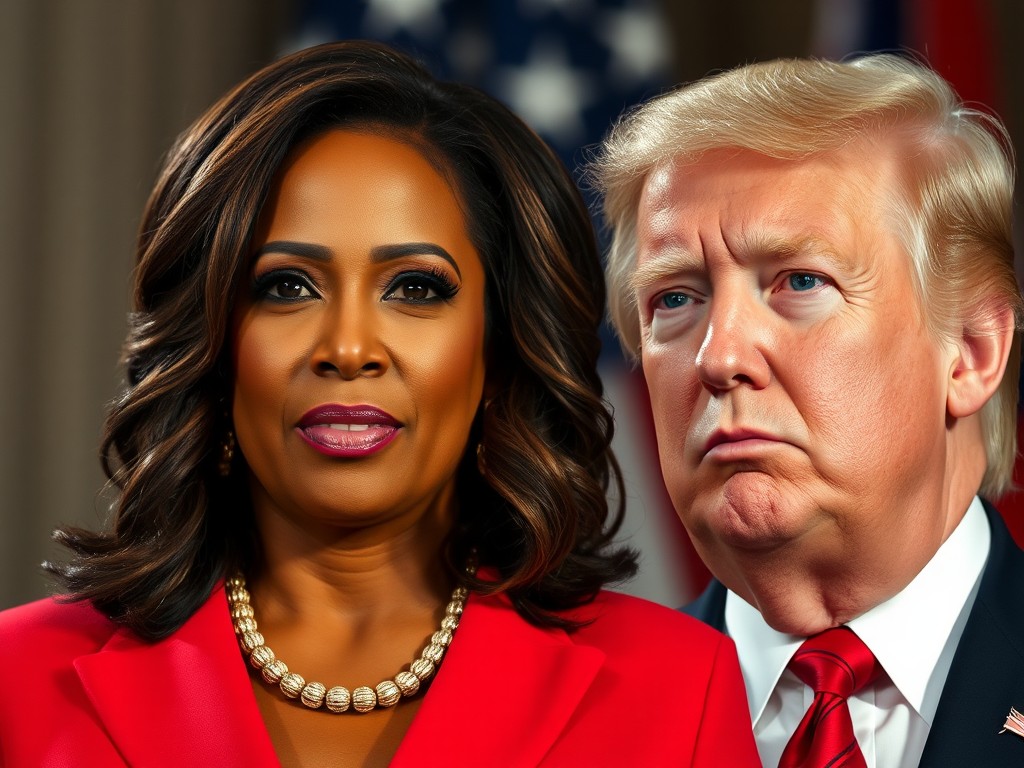Analyzing the foreign policy positions of Kamala Harris and Donald Trump reveals distinct approaches shaped by their respective political philosophies and priorities. Here’s a detailed view of their key foreign policy issues:
1. Climate Change and International Cooperation
- Kamala Harris:
- Advocates for rejoining international agreements like the Paris Accord.
- Emphasizes the need for global cooperation on climate issues, promoting investments in green technologies and climate justice.
- Supports initiatives that align U.S. foreign policy with global climate goals.
- Donald Trump:
- Took a more isolationist stance, withdrawing from the Paris Agreement in 2017.
- Prioritizes American energy independence and often downplayed climate change in favor of economic growth and energy production.
- Focuses on bilateral agreements that favor U.S. interests over multilateral commitments.
2. Trade Policy
- Kamala Harris:
- Supports fair trade agreements that protect labor rights and environmental standards.
- Advocates for strengthening alliances and multilateral institutions to counter China’s influence in trade.
- Believes in negotiating trade deals that also address human rights.
- Donald Trump:
- Implemented an “America First” trade policy, emphasizing tariffs and renegotiating trade deals like NAFTA (replaced by USMCA).
- Focused on reducing trade deficits and protecting American jobs, particularly in manufacturing.
- Often criticized China for unfair trade practices and intellectual property theft, advocating for aggressive trade measures.
3. Military Engagement and Defense
- Kamala Harris:
- Supports a strong but strategic military presence, advocating for diplomacy first and military action as a last resort.
- Emphasizes partnerships with NATO and other allies, highlighting the importance of collective security.
- Advocates for addressing the root causes of conflict, including economic instability and human rights issues.
- Donald Trump:
- Promoted a “peace through strength” philosophy, advocating for increased military spending and a robust defense posture.
- Criticized long-term military engagements and sought to reduce U.S. troop presence in conflict zones like Afghanistan.
- Favored direct negotiations with adversaries, such as North Korea, over traditional diplomatic channels.
4. China Relations
- Kamala Harris:
- Sees China as a strategic competitor but emphasizes the need for cooperation on global issues like climate change and public health.
- Supports strengthening alliances in Asia to counter China’s influence while addressing human rights abuses in Xinjiang and Hong Kong.
- Donald Trump:
- Framed China as a primary adversary, particularly in terms of trade and national security.
- Imposed tariffs and took a confrontational approach to trade negotiations, labeling China a currency manipulator.
- Advocated for decoupling certain aspects of the U.S. economy from China to protect American interests.
5. Immigration and Refugees
- Kamala Harris:
- Supports a more humanitarian approach to immigration, advocating for pathways to citizenship and protections for asylum seekers.
- Emphasizes the importance of addressing the root causes of migration, such as violence and poverty in Central America.
- Donald Trump:
- Advocated for stricter immigration policies, including building a wall along the U.S.-Mexico border and implementing travel bans from certain countries.
- Focused on reducing illegal immigration and often framed immigration as a national security issue.
6. Human Rights and Democracy Promotion
- Kamala Harris:
- Prioritizes human rights in foreign policy, advocating for the defense of democratic values globally.
- Supports leveraging diplomatic pressure and sanctions against regimes that violate human rights, such as in Venezuela and Belarus.
- Donald Trump:
- Human rights often took a backseat to economic and strategic interests; he sometimes downplayed abuses by authoritarian leaders if it suited U.S. interests.
- Promoted a more transactional approach, focusing on securing favorable deals rather than explicitly promoting democracy.
Summary
In summary, Harris’s foreign policy emphasizes multilateralism, diplomacy, and human rights, while Trump’s approach is characterized by nationalism, economic protectionism, and a willingness to engage in confrontational tactics. Their differing views reflect broader ideological divides on how the U.S. should interact with the world.



